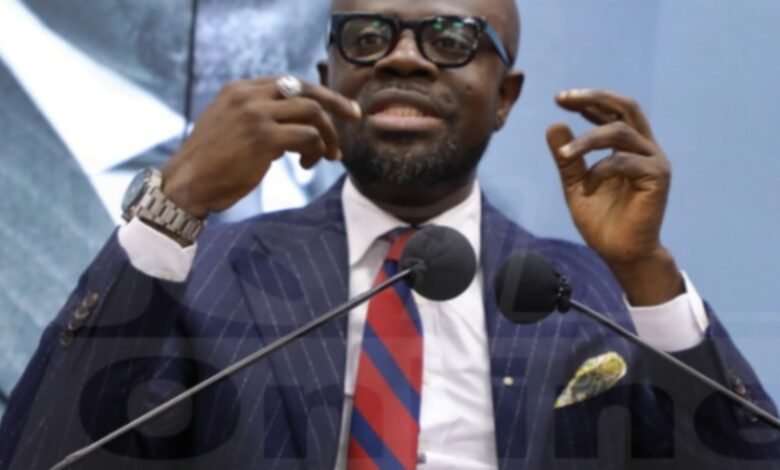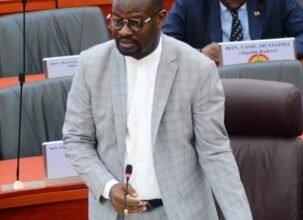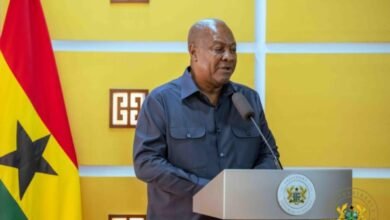Declarations Alone Cannot Resolve Parliamentary Conflict — Prof. Kofi Abotsi

The Dean of the University of Professional Studies, Accra (UPSA) Law School, Professor Kofi Abotsi, has emphasized that institutional conflicts within Ghana’s Parliament cannot be effectively resolved through mere declarations or official pronouncements.
Speaking on Joy FM’s Super Morning Show on Wednesday, June 18, Prof. Abotsi argued that lasting solutions require a deep appreciation of Parliament’s internal dynamics, interpersonal relationships, and operational culture.
“Conflict in Parliament cannot be cured by declarations,” he asserted. “One must understand the nuances of how things actually work within the legislative space.”
Describing Parliament as a “collegial institution,” Prof. Abotsi explained that its members are bound together by strong interpersonal ties and a spirit of camaraderie. While this fraternal environment fosters unity and cooperation, he noted, it can also complicate efforts to enforce transparency, accountability, and impartial scrutiny—particularly when conflicts of interest arise.
He pointed out the dilemma that occurs when Members of Parliament are required to oversee or investigate the activities of state boards on which some of their fellow MPs also serve. In such cases, the collegial bond often creates a moral and political challenge.
“If my colleagues know that I serve on a board, and the board’s actions become the subject of parliamentary scrutiny, they’ll also know that any resolution targeting the board affects me directly,” he said. “That emotional burden—the sense that you’re punishing one of your own—can compromise the process.”
Prof. Abotsi stressed that addressing institutional weaknesses within Parliament demands more than policy directives or external pressure. It requires structural reforms and a candid national conversation about how to balance camaraderie with accountability.
“The nature of our Parliament means that MPs often struggle with the ethical weight of disciplining their peers,” he added. “This internal conflict must be acknowledged if we hope to build a more transparent and effective legislature.”
Credit: Emmanuel Tetteh



